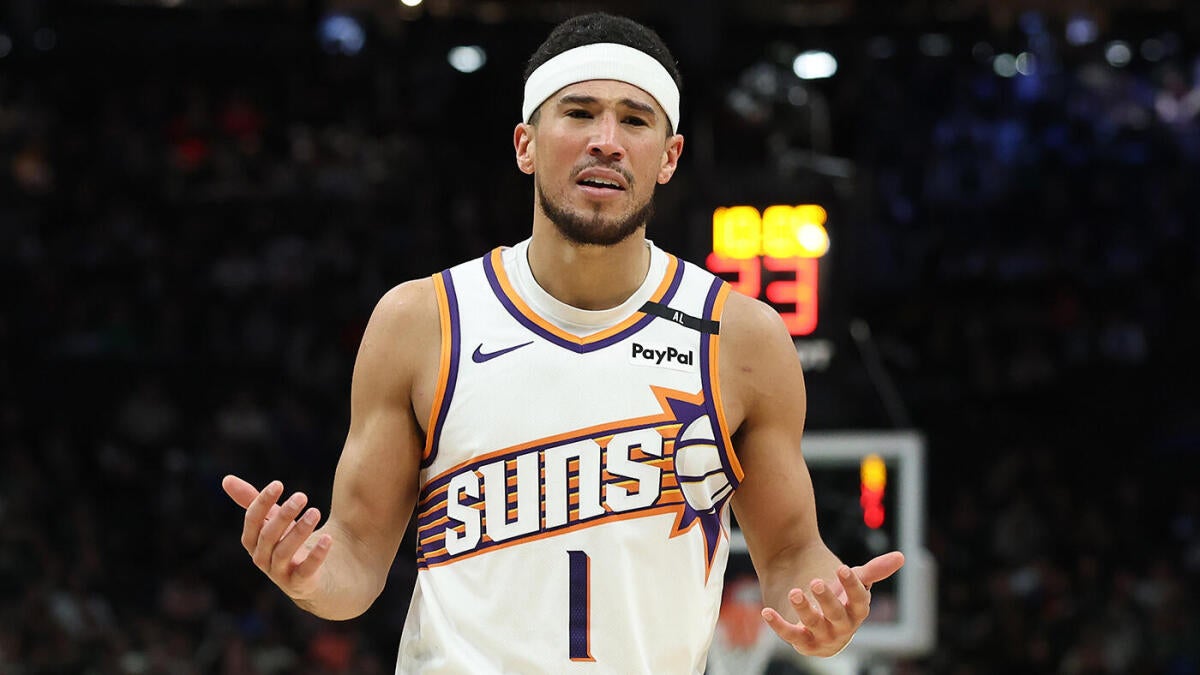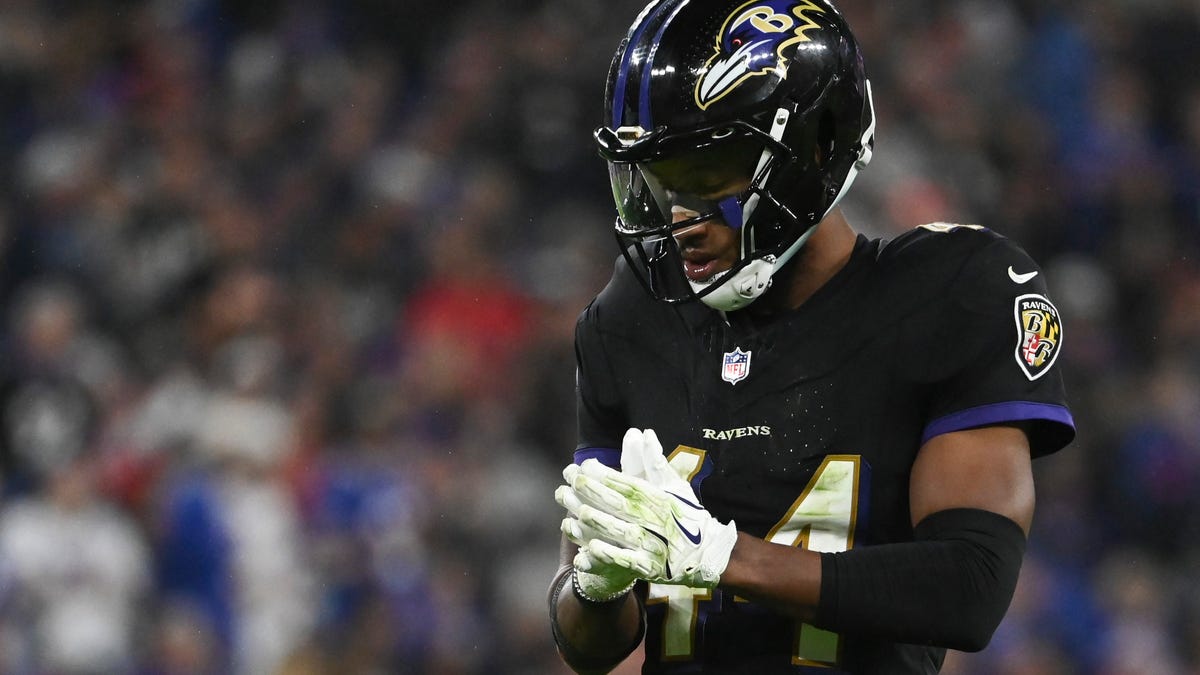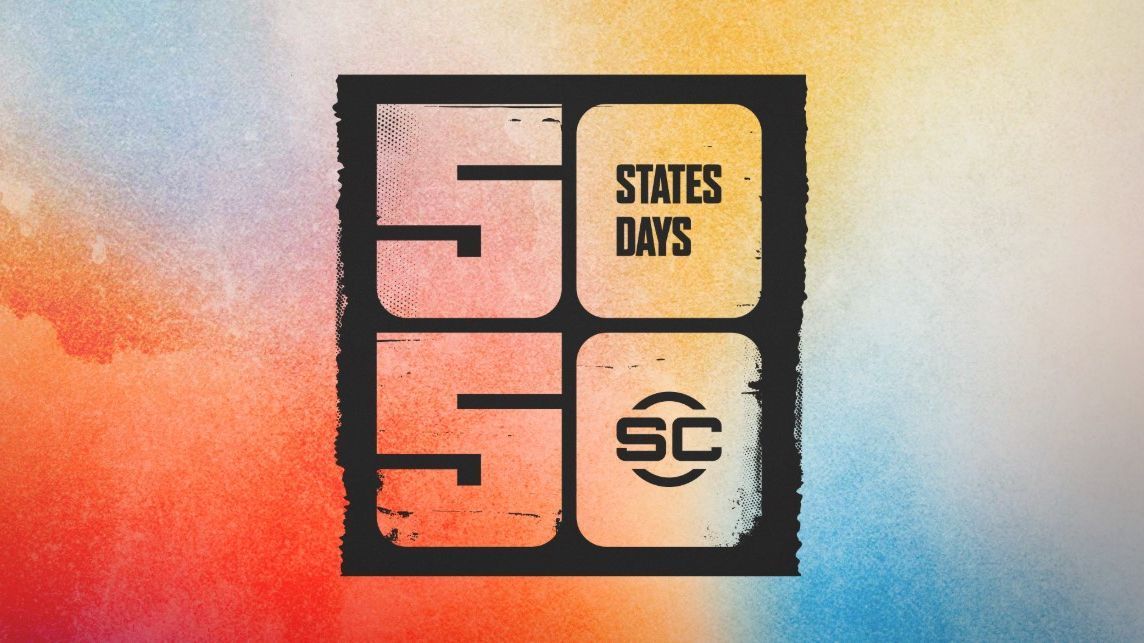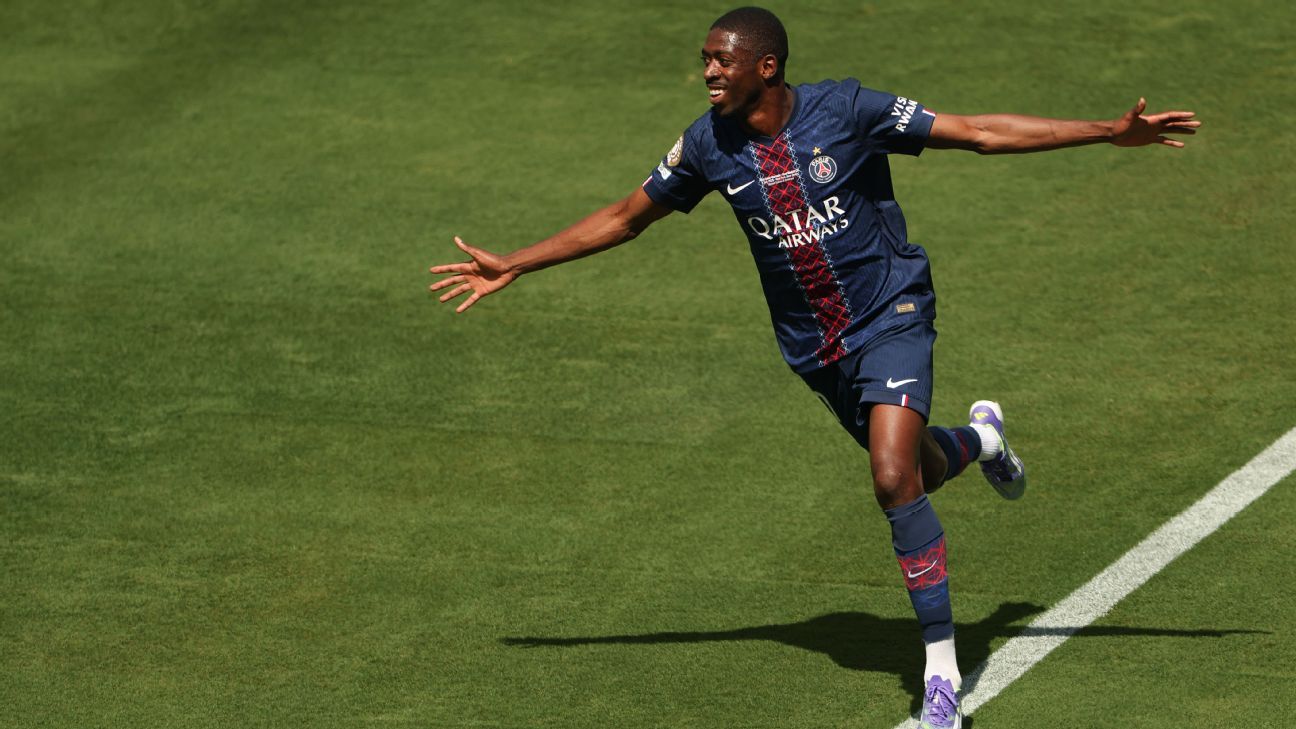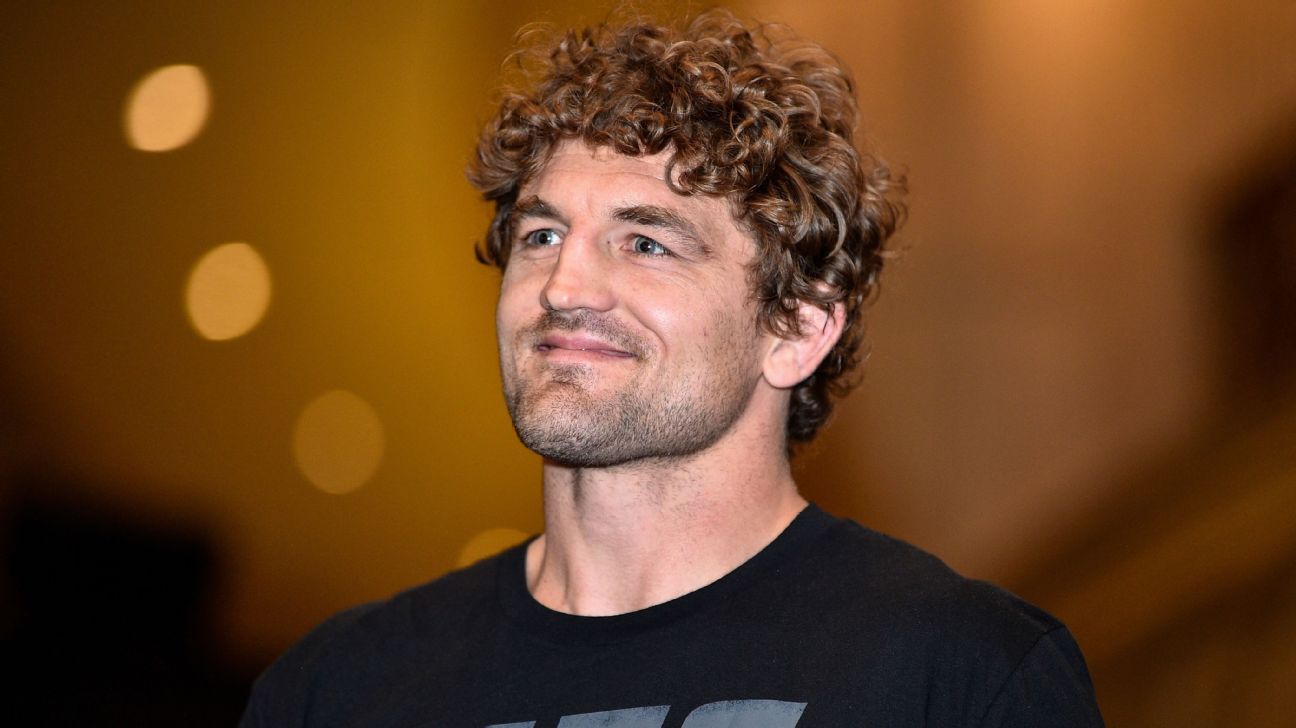The Phoenix Suns just spent the better part of the last six months desperately trying to boot Bradley Beal out of town. Forget about his no-trade clause for a moment. Even if he would have waived it, nobody wanted him. This wasn’t because Beal was bad, per se. He averaged 17 points per game with relatively efficient shooting on a roster that didn’t really suit him. He was just overpaid. We’re living in the most frugal era in NBA history. Someone worth, say, $25 million per year becomes toxic when he’s making $50 million.
Which brings us to Devin Booker.
Phoenix’s homegrown star is worth more than $25 million per year, but he’s about to make a whole lot more than $50 million. On Wednesday, he reportedly agreed to an estimated two-year, $145 million extension with the Suns. The exact amount is not yet final. Booker still has three years left on his existing deal, with the new one kicking in afterward and set to pay him either 35% of the cap for the 2028-29 season or 105% of his previous salary, whichever is greater. Regardless of where the actual number lands, he will fall somewhere among the top handful of highest-paid players in the NBA for the 2028-29 and 2029-30 seasons. And that’s where the problems arise. Once again, the Suns are setting themselves up to pay a very good player at the absolute top of the market.
This is going to be a significant overpay.
The ‘superstar’ problem
Since Mat Ishbia bought the Suns, they have operated as though Booker is an untouchable superstar. When ESPN’s Tim MacMahon asked about potentially trading Booker — which Phoenix probably should do given its dire circumstances — he interrupted the question and treated it as a nonstarter.
The Suns need to trade Devin Booker, and they’re lying to themselves if they keep pretending otherwise
Sam Quinn
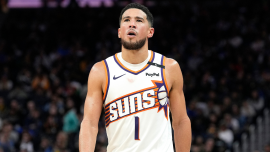
“Never happen,” Ishbia said. “It’s silly. So here’s what I’ll tell you: I have Devin Booker in the prime. In order to win an NBA championship, you got to have a superstar. You got to have a great player.”
Booker is a great player. The question is just how great we’re talking about. He’s made two All-NBA teams, the same number as Julius Randle, whose new contract tops out at around half of Booker’s. One of those All-NBA selections came in 2024, when he was the seventh guard picked in the new, position-less format. In any prior year, he would not have made the cut. Booker was the final player chosen, and even that was partially due to the league’s other new All-NBA rule, the 65-game minimum. Notable players who just barely missed the eligibility cut that year included Joel Embiid, Donovan Mitchell, Trae Young and Kyrie Irving. By our most basic measuring stick, Booker has typically been either a fringe top-15 player or hasn’t made the cut.
Most advanced metrics tell the same story. He has never finished in the top 15 in the NBA in VORP, Win Shares per 48 minutes or Box Plus-Minus. Last season, he ranked 72nd, 80th and 90th in those metrics, respectively. If you’re looking for a more basic statistic, he’s primarily a scorer who has never ranked in the top five in the NBA in points per game. His career-best true shooting season of 61.8% is below Stephen Curry‘s career average of 62.5% and is only a shade above James Harden‘s 60.8% career mark.
Those guys are the bar.
When you’re among the very highest-paid guards in the NBA, that’s how good you have to be offensively. You basically have to be an MVP candidate, as those aforementioned superstars so often were, to justify making that sort of money in this era when you’re not a significantly impactful defensive player. At the very least, you need to be a perpetual All-NBA choice like Damian Lillard, which, again, Booker has not been.
The clock is ticking
And remember, the numbers we’ve covered so far have been Booker’s peak. That might already be behind him. He’s about to enter his age-29 season. This extension will cover his age-32 and age-33 seasons. If he’s not a surefire top-15 NBA player now, what will he be then? Remember, for all of the decline Beal has endured since he signed his supermax deal in 2022, he just played out his age-31 season. Booker has been more durable over their careers, but it’s hard to imagine he’s going to be better three years from now than he is today. Realistically, at that point, we’re probably talking about a fringe All-Star as perhaps the highest-paid player in basketball.
You could perhaps get away with that under certain circumstances. Say, for instance, you had a superior No. 1 option who you happened to draft and still have on a rookie contract as a counterbalance. That almost certainly won’t be the case for the Suns though, as they don’t control any of their own first-round picks until 2032, and even that pick is frozen.
Maybe Booker could recruit another star to play for Phoenix and justify his salary that way, much as the Clippers once justified giving up Shai Gilgeous-Alexander, five first-round picks and two first-round swaps to get Paul George because it also secured the superior Kawhi Leonard. But how would Phoenix functionally acquire such a player? They won’t have draft picks to trade, and they’ll have a hard time generating significant enough cap space to sign a max free agent because they’ll not only have Booker’s enormous contract on their books, but, if they waive-and-stretch Beal as expected, they’ll also have a giant dead cap hit squatting on their balance sheet for the next five seasons. Heck, by the final year of Booker’s contract, even current rookie Khaman Maluach will be on a market-rate veteran contract.
What’s Phoenix thinking?
So why are the Suns doing this? It seems relatively simple. Whether or not Booker is the caliber of superstar required to justify a contract of this size is seemingly irrelevant to Ishbia. Booker is the star he has. He is the homegrown player the fans are (justifiably!) attached to. He is the last piece of connective tissue to the enormously successful Western Conference champion they had before Ishbia’s arrival, and therefore the last bit of hope that this era of Suns basketball can be salvaged. In an entirely cold and rational world, the Suns likely would not have done this. They would have traded Booker at the start of this offseason for a mountain of assets to kickstart a necessary rebuild.
But we’re in the real world, and in the real world, you can’t antagonize your star by declining to extend him if you have immediate competitive ambitions. The Suns, rationally or not, still believe they have a chance to build a real winner in the immediate future. If that’s the path you’re following, it requires buy-in from the star who has just watched the team he nearly took to a championship crumble all around him. Getting that buy-in almost always means paying him, whether it’s wise or not.
Doing so comes at a price. As of this writing, DraftKings Sportsbook has set a win total line of 30.5 for the Suns next season. In the Western Conference, only the Jazz are expected to win less. Vegas has been wrong before, but at the very least, the expectation is that Phoenix will be either a lottery or play-in team in the near future. They have very few avenues for improvement given their limited draft capital and the dead money Beal is likely to leave on their books. They are playing in perhaps the deepest Western Conference in history, and most of its best teams are reasonably young and either improving or should hold steady. The Suns theoretically could improve enough to make playoff noise in the short term. It just isn’t especially likely.
Another unmovable contract?
If that’s the case, where does that leave Phoenix in a year or two? How happy will Booker be on a team whose season always ends in April? How satisfied should Suns management be with results like that? What happens if a trade isn’t just advisable down the line, but necessary for both sides? Well, at that point, having Booker on a contract that pays him in the neighborhood of $70 million per year makes him substantially more difficult to trade.
Without a no-trade clause, it’s hard to imagine Booker ever being as unmovable as Beal is, but how many teams are even going to have the matching salary on their books to bring in someone that expensive? That is especially true as the NBA’s middle class shrinks. Most of the competitive teams Booker might make sense for in a few years will probably already have a max player or two. They may not have a handful of $20-30 million deals to stack for another max player. They might only have another ultra-expensive contract, but attached to a worse or injury-prone player. Think of the contracts Russell Westbrook was traded for on his supermax deal: Chris Paul, who was, at the time, considered very overpaid, and John Wall, who ultimately was.
It’s rarely easy to match money on players at the top of the market. The current CBA makes it harder. If the Suns ever do need to trade Booker, the acquiring team will likely have to use good salary to do it, and therefore offer less asset compensation in the deal. More likely, they’ll try to send bad money. Overall, this contract probably lowers Booker’s trade value moving forward.
If the Suns can indeed fight their way back into contention, the point is moot. They won’t need to trade Booker if they’re winning. Of course, they thought they’d be winning with Beal, too, and look where that got them. Just by virtue of avoiding the no-trade clause, Booker’s contract doesn’t come with nearly the same degree of downside risk. But depending on how Booker ages, there’s still a real chance this becomes one of the NBA’s worst contracts. It’s an overpay from a team with little immediate hope and no clear plan to improve their long-term outlook.



